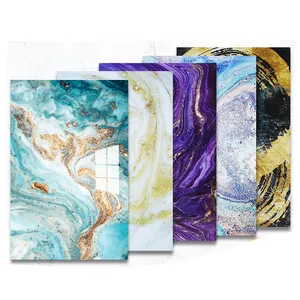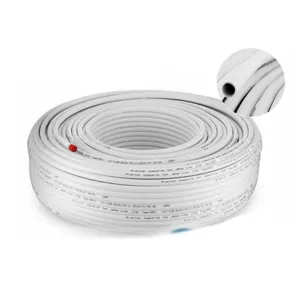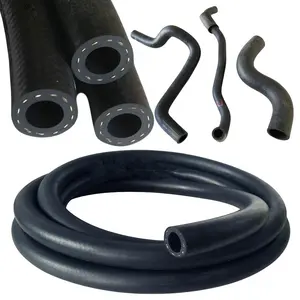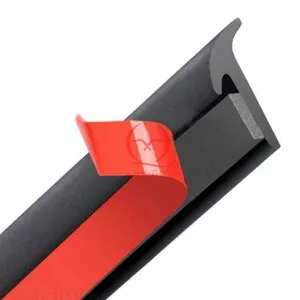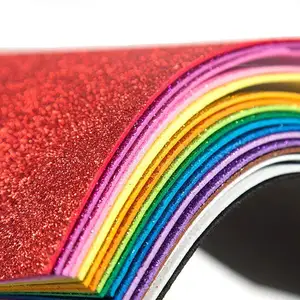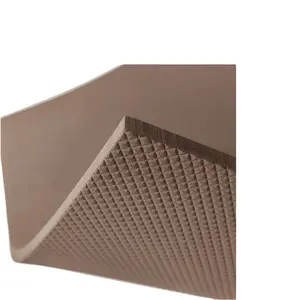Popular in your industry








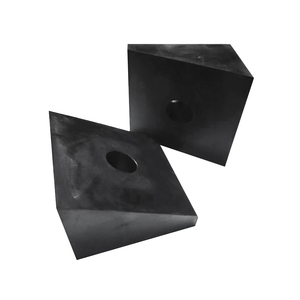










































Related Searches:























































































































































Top categories
About rubber blocks
Rubber blocks are solid or hollow blocks made of rubber material. There are various types available, such as rubber sanding blocks, rubber splash blocks, rubber spacer blocks, rubber cinder blocks, and more.
The features of rubber blocks
Elasticity: Rubber blocks have excellent elasticity, allowing them to regain their original shape after being subjected to force, effectively reducing impact and vibration. Flexibility: Rubber blocks are flexible and can adapt to irregular surfaces, providing better sealing and anti-slip performance. Wear resistance: Rubber blocks have high wear resistance, maintaining stable performance over long periods of use and extending their lifespan. Chemical resistance: Rubber blocks have good resistance to chemicals, and they can resist corrosion from various substances and are suitable for use in harsh environments. Temperature resistance: Rubber blocks have a certain level of temperature resistance, maintaining stability at higher or lower temperatures. Sound and vibration isolation: Rubber blocks have excellent sound and vibration isolation properties, reducing noise and vibration transmission and providing a more comfortable environment. Customizability: Rubber blocks can be customized according to specific requirements, including shape, size, hardness, etc., to meet the demands of different applications.
The applications of rubber blocks
Industrial Sector: Rubber blocks are often used in industrial gaskets, seals, and shock absorbers. They can be employed for damping, vibration isolation, and sound insulation in machinery, automotive, marine, and structural applications. Construction Industry: Rubber blocks can be used as anti-vibration pads and soundproofing materials in construction structures. In earthquake-prone regions, rubber blocks can mitigate the impact of seismic activity on buildings, providing enhanced safety. Additionally, rubber blocks are utilized for floor soundproofing to reduce noise and vibration transmission. Sports Surfaces: Rubber blocks find extensive use in sports surfaces such as running tracks, basketball courts, and playgrounds. They can offer a comfortable playing surface, reducing the risk of injuries for athletes and children. Packaging and Transportation: Rubber blocks can be employed in the packaging and transportation industry. They can protect fragile items during transit. Craftsmanship and Manufacturing: Rubber blocks are utilized in the production of various rubber goods, including rubber hoses, seals, gaskets, and stoppers. The products find widespread applications in industries like automotive manufacturing, machinery production, and electronics assembly.
Helpful tips for using rubber blocks
Here are some precautions to consider when using rubber blocks. Select the appropriate rubber blocks: Different types of rubber blocks have different physical and chemical characteristics. Choose the right type, size, and properties of rubber blocks based on the specific application requirements. Proper installation and fixing: Install and fix the rubber blocks correctly to ensure stability and effective performance. Follow proper installation methods and use appropriate fixing materials and techniques such as bolts, adhesives, or glues. Regular inspection and maintenance: Regularly inspect the condition and performance of the rubber blocks to ensure they are functioning properly.
